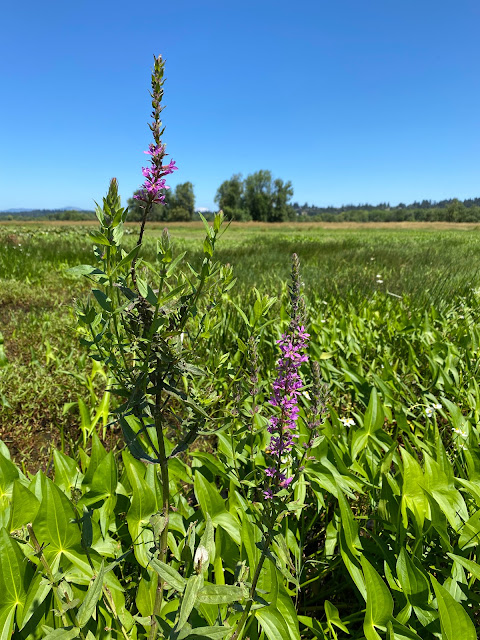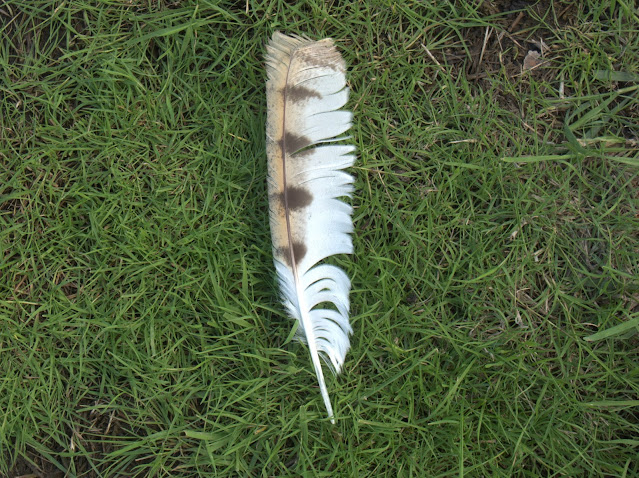February 2, 2021 - Enjoying Birds at Home
My last blog update focused on enjoying the wildlife that can be seen while driving around the auto-tour route at Ridgefield NWR. What is one to do, however, if staying at home is the only option? Especially in the current day, with high covid-exposure rates, increased rates of quarantine, or even during times of extreme weather (i.e. wildfire season) - being stuck inside is something all of us are no stranger to. An easy way to capture the joy and serenity that nature provides is to put effort into making your backyard, or even your apartment balcony - an ideal space for native bird species to gather resources.
What is the benefit of attracting birds to your home?
Birds are highly important when it comes to ecosystem health, and they can also help to make your yard/home space more diverse & beautiful. Species such as hummingbirds are vital when it comes to pollination. Many bird species also feed on insects, which helps to reduce pest populations and plant predators. In natural ecosystems, birds also play an important role in seed dispersal and the establishment of forested habitats. Not to mention the fact that they are simply amazing & majestic creatures.
If one wants to enjoy wildlife from the comfort of their home in the PNW, there are a few easy steps that can be taken that will attract birds to your area. The three easiest and more practical actions, according to the Washington Native Plant Society, would be to plant native plants (particularly diverse shrubbery and those with berries), to provide a source of water (such as a simple elevated bird bath), or to hang up & maintain a hummingbird feeder. Taking these steps will ensure that birds will show up to your area more frequently, which gives you a better chance to see them in their natural environment.
Because I live in an apartment complex, there is not much that my roommate and I can do to attract bird species. We do, however, have 2 hummingbird feeders hanging on our balcony space. These two feeders attract hummingbirds all day long, and it is important for us to re-fill the feeders as soon as they are empty in order to supply the birds with the sustenance that they need to survive the winter.
Anna's hummingbirds depend on hummingbird feeders during the winter because they have extended their native range north of the area that they historically occupied. Consequently, there are not native flowers in Washington that supply them with nectar during the winter, and they must rely heavily on the feeders that we, humans, put out.
 |
This is the same male hummingbird. He is perched near our balcony, on a small tree - keeping watch. Here you can see his iridescent magenta throat and crown feathers! |
Birds need our help...
The National Audubon Society estimates that nearly half of all birds on Earth are at risk of extinction in this century. Things like climate change, habitat loss/degradation, and even domestic house cats contribute to this projected extinction rate. We can still do our part, however, to make sure that this estimate does not come to fruition. I think it is important to highlight that anyone can take the steps to improve the habitat around them, even if it is something small and seemingly indirect (like keeping your house cat indoors).





Mango is so pretty! I love what your new camera lense is capturing as well!
ReplyDeleteShe likes to pose for the camera!
ReplyDelete